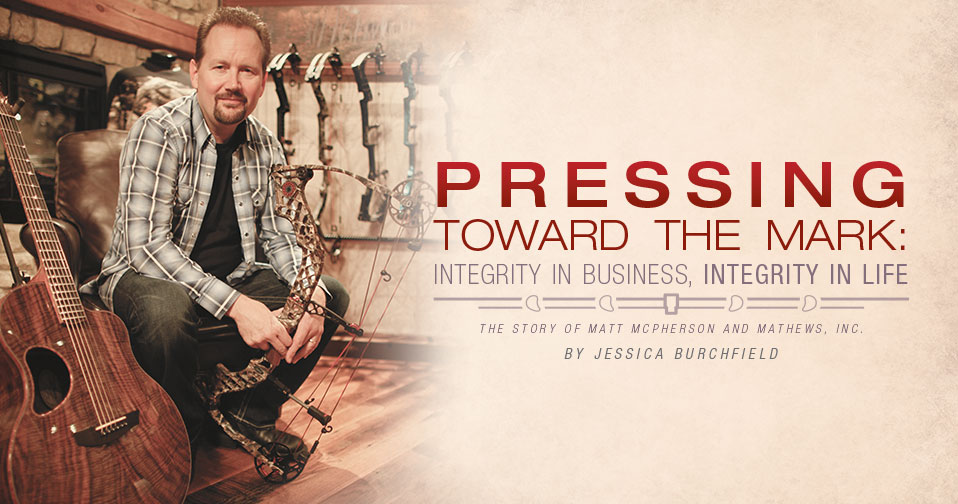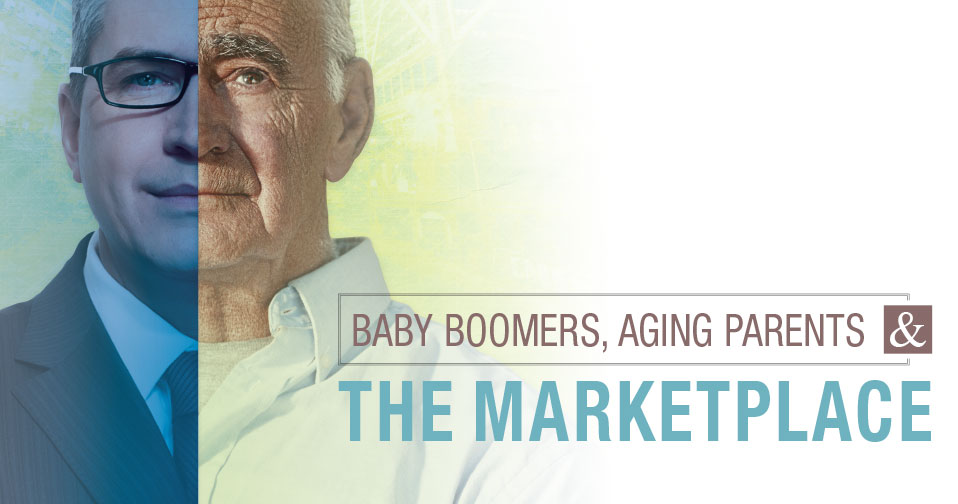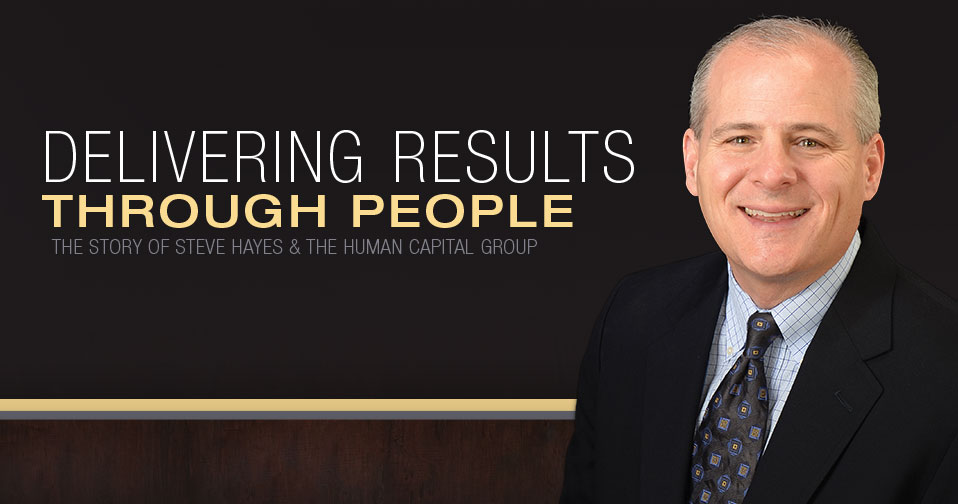10 Things Millenials Bring to Your Business

The May 2013 Issue of TIME Magazine may have summed up everything for millennials, the largest generation born since the Baby Boomers: “The Me Me Me Generation: Millennials are lazy, entitled narcissists who still live with their parents.” According to the article, (and according to the facts), millennials, born between the early 1980s and 2000s, are three times more likely to have narcissistic personality disorder, and four times as likely to pick fame over power, (choose to be a personal assistant to a celebrity versus becoming the CEO of a major corporation). And, they are the most technologically connected generation yet. According to Pew research, millennials send and receive an average of 88 text messages a day.
But perhaps the most disconcerting realization to me as a millennial myself, and a follower of Jesus Christ, is the state of our spirituality. Millennials are the most unchurched group of people our modern era has yet experienced.
Consider These Facts:
- Only 20% of those 30 and under believe church attendance is important.
- One-third (32%) of adults under 30 have no religious affiliation, compared with 15% of those age 50 and up.
- 28% of Millennials said the Bible is the literal word of God, compared with 39% of those aged 65 and up.
- Less than one-half of one percent of adults in the Mosaic generation – i.e., those aged 18 to 23 – have a biblical worldview, compared to about one out of every nine older adults.
- 45% of adults under age 30 say that faith is very important in their lives.
Looking around America today, no one can doubt the effect secularism and hypocritical religion has had on the faith of our youth. (For a more in-depth look at why millennials are disappointed in organized religion, check out the book UnChristian by David Kinnaman and Gabe Lyons.)
But, though we have these things working against us, we cannot deny that the biblical mandate is one of multiplication, succession, and spiritual parenting.
A Perspective from the Bible:
- Joshua 1:2-3 - If Moses had not raised up Joshua, the Israelites would not have entered the promised land.
- 1 Kings 19:16 - If Elijah had not obeyed God’s command to anoint Elisha as his successor, there would not have been another prophet in his place.
- Matthew 28:19 - If the disciples had not taken it upon themselves to follow Jesus’ command to “make disciples of all nations baptizing them in the name of the Father and of the Son and of the Holy Spirit, and teaching them to obey” everything Jesus commanded, the Christian movement would have ceased to exist.
- 1 Timothy 1:18 & 19 - Timothy’s relationship with Paul is one of spiritual sonship: “Timothy, my son, I am giving you this command in keeping with the prophecies once made about you, so that by recalling them you may fight the battle well, holding on to faith and a good conscience...”
- Malachi 4:6 - Speaking of John the Baptist it says, “He will turn the hearts of the parents to their children, and the hearts of the children to their parents; or else I will come and strike the land with total destruction.”
Are millennials lazy, entitled, unchurched narcissists? Well, perhaps. But, are there are positives to this generation? Absolutely. In fact, I would argue if we miss out on what this generation brings to the table, our organizations could become irrelevant or possibly extinct - and as a nation we could experience the consequence described in Malachi 4:6.
Here are 10 things millennials bring to your organization:
- 1. They are technologically savvy. You’ve no doubt seen a young person glued to their smartphone walking through the mall, or seen an article about the popularity of social media, especially among millennials. People aged 18-34 report spending 3.8 hours a day on social networks alone! Though this might be construed as a huge time waster, (and it is, in most respects), there are ways to influence the buying process online and establish brand recognition through social media. Millennials on your team who understand social media and online and mobile buying behavior can be valuable players and take your organization to the these new markets that are now quickly outpacing traditional sales models.
- 2. They are collaborative. Millennials are highly relational and often grew up in environments that fostered collaboration. They prefer unity and cooperation over competition. Therefore, they enjoy working in teams versus working alone or in “silos.” They understand that problems are best solved together, with access to the most available ideas.
- 3. They are eager to make a difference. In the book Generation Me, author Jean Twenge cites that youth volunteerism has increased in the last decade. Sixty-three percent of millennials donate to charities, and 43% actively volunteer or are a member of a community organization, according to the Deloitte Millennial Survey. According to TheMuse.com, job satisfaction to millennials, (or Generation Y) means knowing they made a real difference in the world. Their primary motivation is having a sense of greater good. Some might call this being “mission focused.”
- 4. They are innovative. Millennials believe they are innovative (62%, respectively), and they want the company they work for to be innovative, too. Seventy eight percent of millennials believe that innovation is key to business growth, and nearly 70% of millennials want to start their own business one day. Tom Brokaw says of millennials, “Their great mantra has been: Challenge convention. Find new and better ways of doing things. And so that ethos transcends the wonky people who are inventing new apps and embraces the whole economy.”
- 5. They are societal transformers. When asked the question, “What is the purpose of business?” millennials’ number one answer answer was “a way to improve society,” not just a place to collect a paycheck.
- 6. They want to be challenged. Give a millennial a challenge, and they might just surprise you!
- 7. They love to learn. Spongebob Squarepants must have rubbed off on this generation, because they love to learn! Millennials learn best one-on-one with mentors or contacts if they need help with something, versus a long training program. They are very relational and are not afraid to ask for help.
- 8. They are comfortable with change. Many of today’s youth grew up seeing the layoffs of their parents and unprecedented technological advancements. They don’t place much value on stability and job security and are expected to have 15 to 20 different jobs over their lifetime. This is compared to 11.3 jobs over the lifetime of a Baby Boomer.
- 9. They are transparent. Unlike Baby Boomers, millennials don’t have a sense of shame about much. Evan Spiegel, 22, the co-founder of social media company Snapchat, argues that it’s become too exhausting for millennials to front a perfect life on social media. “We’re trying to create a place where you can be in sweatpants, sitting eating cereal on a Friday night, and that’s O.K.,” he says. Millennials also appreciate the transparency of those around them.
- 10. They are cautious, but optimistic. his generation has seen the longest wars in U.S. History, the Great Recession and the Arab Spring, which makes them cautious. But, surprisingly, they also have a very positive outlook on life, much more so than prior generations.
Mind-Shapers, Talent Miners and Spiritual Multipliers
We have already seen some of the consequences of the spiritual void within our culture when it comes to increased secularism and “anything goes” morality.
I believe with all my heart millennials have something special to advance our ministry-businesses, and both we and they could benefit immensely by us fulfilling our spiritual mandate to be mind shapers, talent miners, and spiritual multipliers. As David Kinnaman, President of Barna Group states, “Millennials should be a priority not because ‘youth must be served,’ but because this generation is trying to learn faithfulness in a rapidly changing post-Christian culture.”
I believe this is true not just from a spiritual perspective but from a business one as well.

By: Charis Hillman Brown
Charis Hillman Brown is passionate about raising up the next generation of leaders. She writes and speaks to the young adult age group to help them see their work as ministry, and has a passion to see people succeed in every area of life. She works with her dad, Os Hillman, who is an internationally recognized leader on faith and work. (www.MarketplaceLeaders.org) Charis is married to her best friend Justin, and they live near Atlanta with their cat, Mick Jagger. She blogs regularly at www.the17graceconnection.com.
Read More Articles by Charis Hillman Brown





